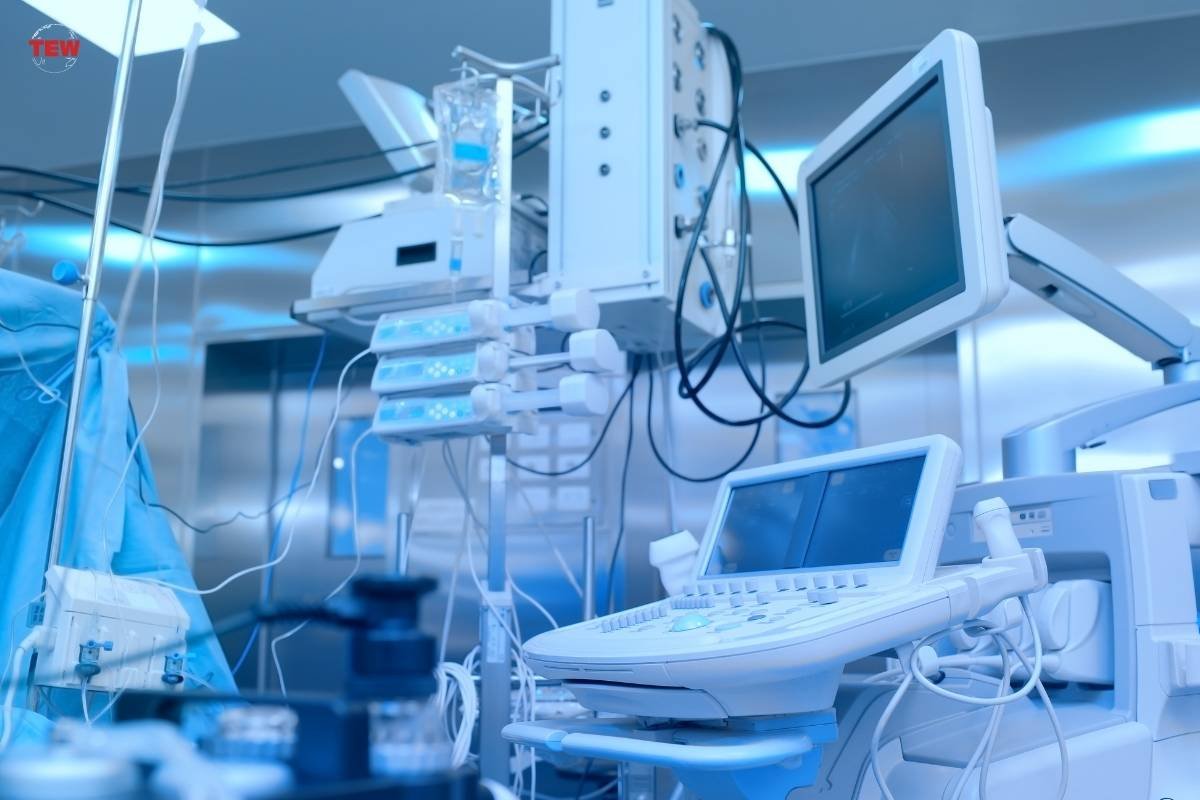Managed Equipment Services (MES) refers to a service-providing model where companies outsource the management and maintenance of medical equipment. It is outsourced to a third-party service provider that specializes in providing services like equipment installation, repair, calibration, and training. These providers offer thorough solutions to ensure equipment performance, reliability, and compliance with the prevailing standards of the industry. In the past few years, managed equipment service providers have been in the limelight due to the many benefits attached to it. It includes access to the latest equipment without the initial capital investment.
Benefits of a Managed Equipment Service:
With diminishing budgets hospital managers and procurement directors need to consider the cost of the investment as against the potential return more than ever. A managed equipment service can give you an always-on solution that gives you access to innovative healthcare technology alongside these benefits. Let’s have a look at the benefits from the perspective of patients, clinical staff, and trusts.
Benefits to Patients:
- Shorter waiting times
- Quicker procedures
- Modern equipment improves treatment and safety
- Reduces risk through ongoing staff training and regular equipment servicing
- Improved hospital environments help to reduce patient anxiety
- Faster deliveries.
Benefits to Clinical Staff:
- Access to updated and well-maintained medical equipment
- Enhanced working environment
- Reduced equipment downtime enables better use of staff time
- A secured investment plan provides greater ease in budgetary planning
- Enables staff to focus on improved patient care
Benefits to Trusts:
- Enables increased productivity and service reform
- Guaranteed equipment uptimes reduce cancellations
- Long-term savings of 5 to 10% compared to an equivalent internal service.
- Transfer of risk to the MES provider enabling focus on the core role of providing high-standard clinical services
- Waiting times are reduced and care pathways are improved through increased equipment utilization.
What types of equipment can a Managed Equipment Service Cover?

An MES can cover a wide range of equipment types across the healthcare sector, including but not limited to:
- Laboratory
- Infusion
- Imaging
- Endoscopy
- Antenatal
- Medical Robots
Imagine this. A hospital that needs upgrading diagnostics equipment spends a million dollars on the newest most hi-tech Magnetic Resonance Imaging (MRI) machine. After installation, the MRI machine works well for some months and breaks down. The hospital management finds out there is no staff that has the technical skills to repair the machine.
It also lacks the spare parts. The hospital staff then contacts the manufacturer and he/she promises to send a technician in some business days. The technician is usually based in a different country or continent. This whole process takes a long time and has a lot of ups and downs. If a spare part is out of stock, it may also be needed to be imported from afar. Till this time, no MRIs can be performed which is a loss for both, the provider and the patient.
With managed equipment services, a manufacturer not only sells the equipment but also agrees to service it. It is done by signing multi-year contracts that bind them to provide service and performance standards. He/she also agrees to train the hospital staff to use and maintain the equipment. They may also put in place an Information Technology (IT) system that monitors how the equipment is being used. It over time results in better planning for equipment purchases. When constructed correctly, the MES Company agrees to share the risk with the customer and the health service provider.
Could Managed Equipment Services (MES) transform equipment supply in healthcare?

An innovative risk-sharing model- MES exemplifies comprehensive management of hospitals and clinical depths. It involves the integrated provision of various operational components such as planning, installation, procurement, training, maintenance, repair, performance monitoring, tech upgrades, vendor management, etc. Along with independent third parties, Original Equipment Manufacturers (OEMs) have been executing MES contracts with Governments directly in many developed countries.
Challenges to the Adoption of Managed Equipment Services:
While the MES model may have diverse benefits for patients, hospitals, clinicians, for the equipment supplier, the provision and purchase of equipment before payment may require concrete support from financers. Thus, suppliers with strong in-house financing capabilities have been able to participate effectively. Despite the contractual agreements, milestone-based release of payment may be deferred mainly due to a lack of transparency between the budgeting committee and trust. Since payments are made when predefined certain criteria are met, the absence of evidence-based tracking may further result in delayed payments.
Objectives of Managed Equipment Service:

The main objective of managed equipment services is to avoid the breakdown of the machines and equipment. It includes equipment maintenance by performing several activities such as part replacement, repair, and servicing. It ensures that the machine is operational so that the production activity is not interrupted due to any machine issue. Therefore, it is safe to say that the managed equipment services are crucial. Here are some more objectives about it:
- Resource loss or production loss
- An unexpected breakdown can result in labor overtime.
- Insufficient knowledge of machine life cycle.
- Scheduling work and projects again.
Market Overview:
Managed equipment services is a service model where companies outsource the management and maintenance of their medical equipment to a third-party service provider. This service includes equipment installation, regular maintenance, calibration, and training. The future outlook of the market is promising. There is an increasing need for cost-effective healthcare solutions. A rise is witnessed in the number of medical facilities, and the growing complexity of medical equipment. The current market for managed equipment services is also witnessing significant growth. With hospitals and healthcare facilities focusing on their core competencies, outsourcing equipment management to specialized vendors is becoming more common. The market allows healthcare providers to reduce operational costs, minimize downtime, and ensure optimal equipment performance.






